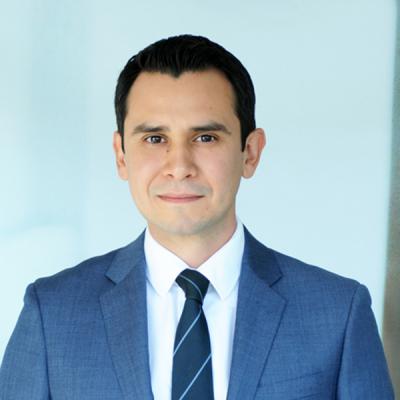TCPA Litigation Update – Federal Circuits Weigh In on Facebook and Congress Seeks to Amend the TCPA
Federal Circuits Weigh In on Facebook and Congress Seeks to Amend the TCPA
In 2021, the Supreme Court decided Facebook, Inc. v. Duguid,[1] which held, “to qualify as an ‘automatic telephone dialing system’ under the TCPA, a device must have the capacity either to store a telephone number using a random or sequential number generator, or to produce a telephone number using a random or sequential number generator.” For a unanimous majority Justice Sotomayor wrote: “the question before the Court is whether [the ATDS] definition encompasses equipment that can ‘store’ and dial telephone numbers, even if the device does not ‘us[e] a random or sequential number generator.’ It does not.”[2]
Since the Duguid decision, district courts around the country have interpreted the Supreme Court’s decision, with most casting doubt over ATDS claims post-Duguid.[3] Notably, there have been some key rulings by courts of appeal at the summary judgment stage. In January 2022, the Ninth Circuit in Meier v. Allied Interestate LLC concluded that a “system that stores a pre-produced list of telephone numbers [and that] could also autodial the stored numbers” is “precisely” what the Supreme Court held is not an ATDS.[4] Similarly, in March 2022, the Eighth Circuit joined this chorus when it held in Beal v. Outfield Brew House, LLC that a system, that “merely stores and dials telephone numbers . . . is exactly the kind of equipment Facebook excluded from § 227(a)(1).”[5]
A new bill, however, introduced by seven members of Congress (H.R. 8334) on July 12, 2022, now has the potential to undo years of judicial work.[6] The bill originated in the Subcommittee on Economic and Consumer Policy, which is chaired by Congressman Raja Krishnamoorthi (D-IL), one of the bill’s co-sponsors. The bill is titled the Robotext Scam Prevention Act and is meant to revise the definition of ATDS, by striking “using a random or sequential number generator.” The bill also seeks to amend the Telephone Consumer Protection Act (“TCPA”), 47 U.S.C. § 227, to “prohibit the use of automated telephone equipment to send unsolicited text messages.” Finally, the bill would order the Federal Communications Commission within 18 months of enactment to issue a rule defining “automatically,” “dial,” “send,” and “charged for the call.”[7]
Given the significant evolution in technology since the TCPA was passed in 1991, this bill could result in major changes for businesses and consumers alike. While it is far from guaranteed that the bill will be passed into law, businesses are encouraged to watch this space, given the bill’s potential to substantially alter the TCPA’s landscape once again.
[1] 141 S. Ct. 1163 (2021).
[2] Facebook, Inc., 141 S. Ct. at 1167.
[4] No. 20-55286, 2022 U.S. App. LEXIS 1413, *2-*3 (9th Cir. Jan. 19, 2022).
[5] 29 F.4th 395-96 (U.S. 8th Cir. 2022).
[7] As written, the bill would prohibit certain calls and texts where the “recipient of such call or text message is charged for receiving such call or text message.”
Authors

Joshua Briones


